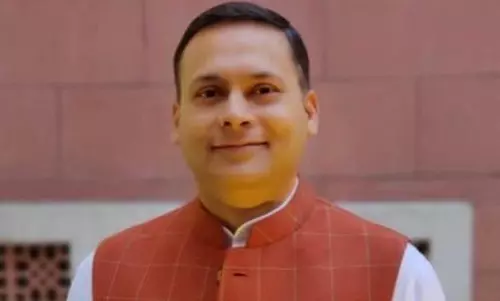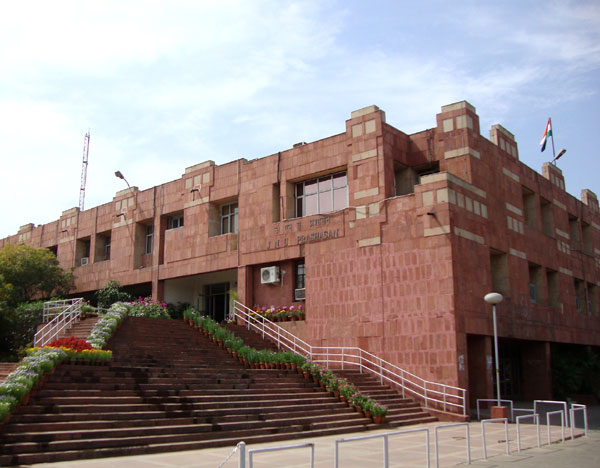
Should campus politics be banned?
text_fieldsArticles scattered in a room of the Sabarmati Hostel following Sunday'
The approach of the Kerala High Court that reiterated that politics has no place in educational institutions has raked up a controversy.
The division bench headed by the Chief Justice issued the landmark order against campus politics while hearing a Contempt of Court petition filed by MES Arts and Science College at Ponnani in Malappuram, against failure in deploying the required police protection to deal with student protests. The High Court was repeating its earlier stance while hearing the case after two days. The reactions of prominent lawyers, political parties and student organisations against the order failed to change the court’s firm stance. The High Court held that political activities like dharna, hunger strike and other practices like Sathyagrah had no place in a Constitutional democracy. The court while issuing the order also based its reasoning on Dr Ambedkar’s address. Secondly, the academic institutions are meant for imparting education and not politics and that the political parties could not hold to ransom the educational institutions or the right of the civilized students to receive education. The court said that there were avenues available for the students for ventilating their legitimate grievance and that dharnas and strikes have no place on the campuses. Those who wish to hold the strikes could go to the Marine Drive or the parks; the High Court observes that such political activities cannot be allowed on the campuses.
Although the final verdict is yet to come, the approach of the court towards campus politics and student protests is beyond doubt. It purely means that educational institutions are for imparting and receiving education; that political activities or protests shouldn’t be allowed on campuses at any cost and that the students found taking part in the dharna, strike or any activity that disrupts the academic activity of any college would be rusticated by the principal or the college authorities. One could easily comprehend the circumstances that led the judiciary to take such an extreme step. The present situation is such that the student outfits that thrive under the parent political organisations hinder the education even for the silliest issues holding strikes and other activities vitiating the campus atmosphere and even causing violence. The anti-democratic approach followed by the student outfits of not permitting other outfits to function in campuses ‘owned’ by them is also seen rampantly. Sometimes, strikes and protests are held in the name of issues that are in no way related to academics or students. It’s this unruly campus atmosphere that prompt the parents and the managements to have a rethink and at times compel them to approach the courts. To be precise, it’s the student outfits of the political parties themselves that led to the court’s intervention in the matter of campus politics and to issue the stringent order. Hence, it’s them who should bear the responsibility of the court’s directive.
At the same time, not only student organisations but also the legal experts and political leaders pointing out that there is another serious side to the High Court’s stance, could not be neglected. The relevance lies in a country where a healthy democratic system and society exists. In the present day circumstances when even the responsible central and state governments violate the fundamental interests of democracy, stressing that only the students, who are the future architects of the nation and the caretakers of the machinery, alone should practice democratic values is impractical and illogical. When the government and the private agencies succeed in turning education into a profitable business and the rights and the fair demands of the students are completely denied, the approach that strikes and dharnas of any kind shouldn’t be allowed would only elate the forces of exploitation. The court’s directive that legitimate avenues should be sought for resolving the issues is totally right. But when the doors of peaceful resolution of issues are closed, the question remains as to what the students should be doing. Approaching the courts is not easy. The fact that the students of Delhi University, JNU and Hyderabad University were recently compelled to take to strikes and protests in order to resist the Fascist attacks, shouldn’t be forgotten. Although the situation in Kerala is relatively better, it couldn’t be claimed that the institutions in the state function fairly and legitimately. In this backdrop, curbing the unjustified strikes, students seeking ways to resolve the issues alongside allowing opportunities for the students to practice disciplined politics is a sensible approach. Apoliticising the campuses would only generate Fascism.























